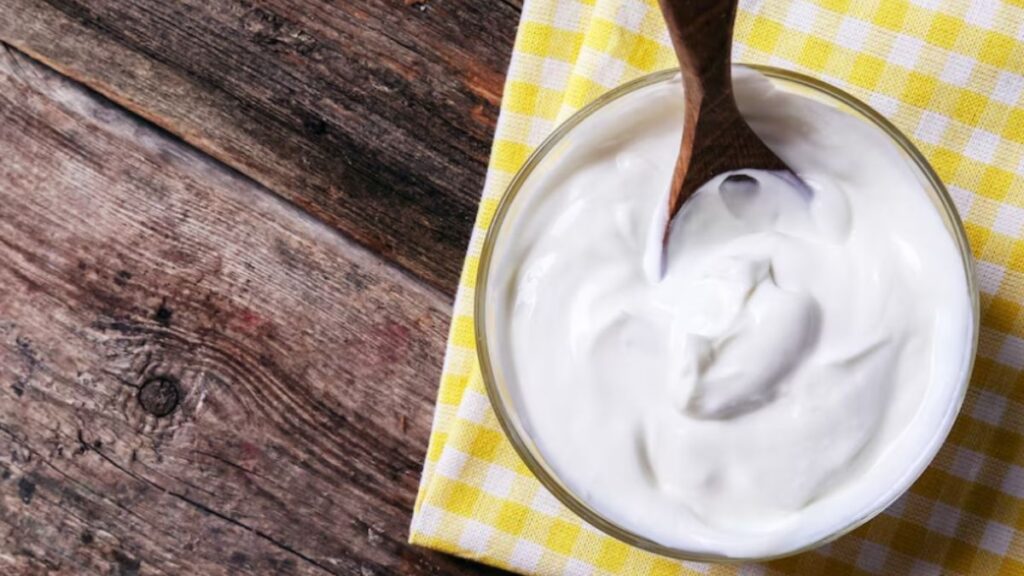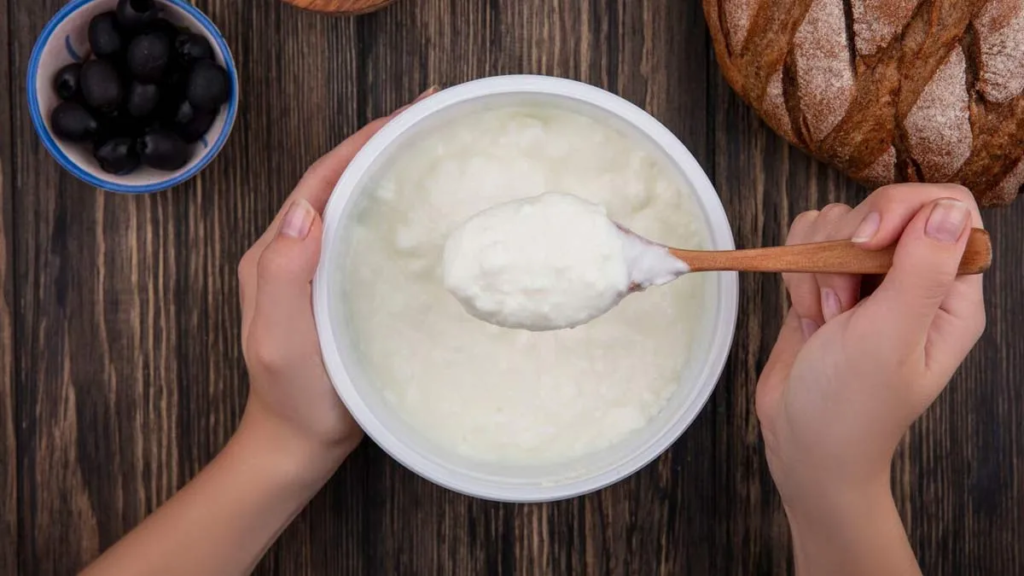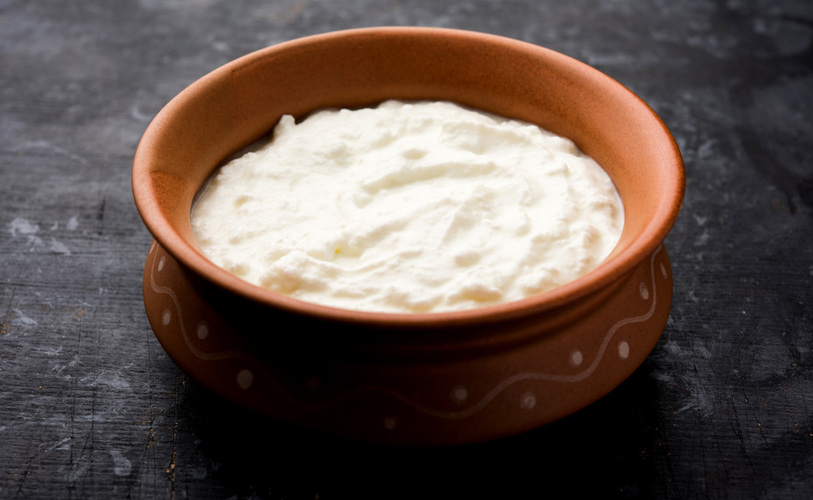Homemade curd benefits include better digestion, natural probiotics, and zero preservatives. After 600 kg of adulterated curd found.
A disturbing incident reported from Gorakhpur, Uttar Pradesh highlighted the confiscation of 600 kilograms of adulterated curd intended for chaat and phulki sellers. Eating such curd can adversely affect the digestive system, result in food poisoning, and cause severe health issues. It is essential to be vigilant and confirm that the curd we purchase is safe.
How is curd adulterated?
Adulterators often blend hydrogenated oil or low-quality vegetable oil into curd to enhance its thickness, whiteness, and shelf life. These oils are rich in trans fatty acids, which pose significant health risks.
In certain instances, synthetic milk or already compromised milk is utilized to set the curd. This type of milk may contain substances like detergent, urea, starch, or shampoo, which preserve the curd’s texture but are not safe for consumption.

How risky is it to consume adulterated curd for health?
Dietitian Amrita Mishra points out that curd acts as a natural probiotic, which enhances the digestive system and bolsters the immune system. However, when additives like hydrogenated oil, synthetic milk, or chemicals are mixed in, it can have adverse effects. This may lead to stomach issues and cause harm to the liver and kidneys. It poses a particular risk to children, the elderly, and individuals with existing health conditions.
- Precautions to take while purchasing curd
- Inspect the cleanliness of the store
- The establishment from which you are buying curd should be hygienic. Any filth may indicate possible contamination.
Ask general
Inquire with the shopkeeper about the source of the milk and the process used to set the curd. If their responses are vague or dodgy, exercise caution.
- Maintain proper storage temperature
- Curd should always be stored in ice or kept in the refrigerator. If not kept at the right temperature, it may spoil.
- If necessary, conduct a home test.
- If unsure, check for impurities by rubbing it with your finger or dissolving it in warm water.
- Precautions for Packaged Curd
- Verify the FSSAI number and seal.
- Look for the food safety (FSSAI) adulteration number, brand seal, and the overall condition of the packaging on packaged curd.
- Inspect the manufacturing and expiry date.
Harmful bacteria can proliferate in curd that has expired, potentially leading to food poisoning, vomiting, or diarrhea. Before consuming, ensure you check the date, smell, and taste of the curd.
Making curd at home is superior to buying it from the store.
Dietician Amrita suggests that preparing curd at home is the safest and healthiest option. Ensure the milk is of high quality and that the starter (a small portion of curd) used to cultivate the curd is clean. This approach allows you to produce nutritious curd for yourself and your family.

What other dairy products are prone to adulteration in the market?
Adulteration can also be found in milk, paneer, ghee, butter, and cream. Therefore, be cautious when making purchases.
The advantages of homemade curd are receiving more attention following a recent alert regarding food safety. A prominent dietitian has recommended that individuals choose homemade curd instead of commercial options after the alarming discovery of 600 kg of tainted curd in Gorakhpur.
The Food Safety and Standards Authority of India (FSSAI) confirmed that the contaminated curd contained harmful chemicals and non-food-grade substances that were used to improve thickness and prolong shelf life.

Experts emphasize the benefits of homemade curd, stating:
- It does not contain preservatives or additives.
- It has natural probiotics that promote gut health.
- It offers a richer, creamier consistency without synthetic thickeners.
- It is better for digestion and supports immune function.
- The FSSAI has issued a warning to consumers and provided two simple methods to identify adulterated curd:
- Taste Test: Curd that has been adulterated often has an unusually sour flavor or a chemical aftertaste.
- Texture Test: Curd that is overly firm, jelly-like, or rubbery may be mixed with synthetic agents.
“To avoid jeopardizing your health, opt for homemade curd it’s safer, more nutritious, and brimming with benefits,” states the dietitian.
Therefore, if you’re worried about the ingredients in your food, it’s time to take advantage of the benefits of homemade curd and steer clear of possible health risks associated with adulterated products.





